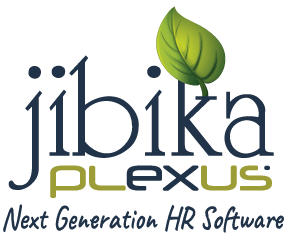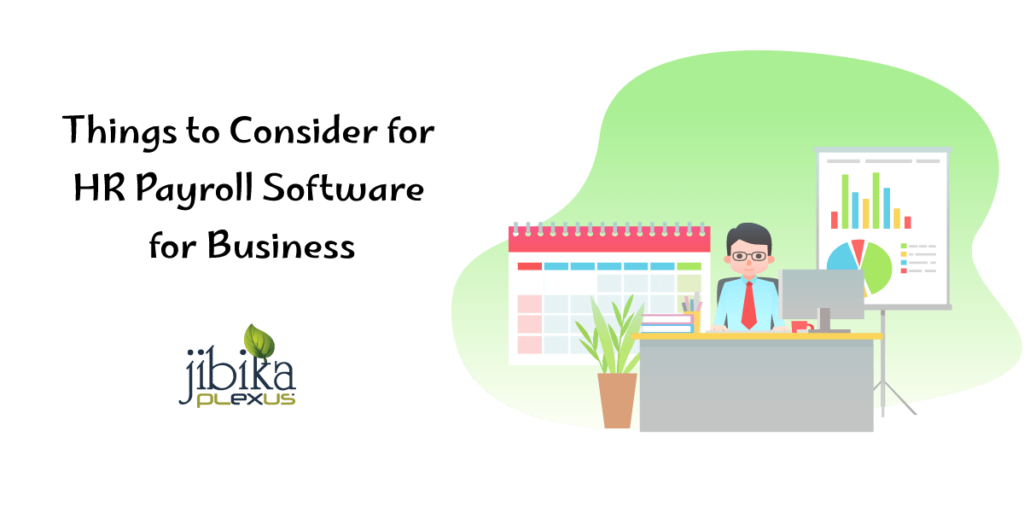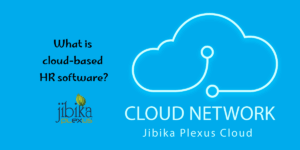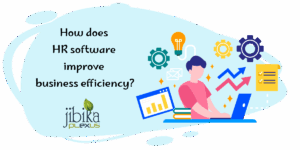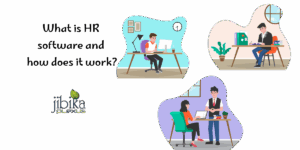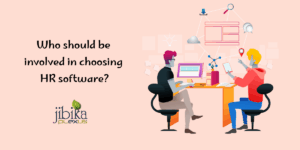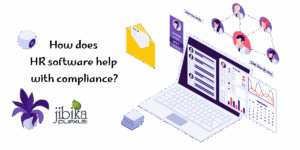Selecting an HR payroll software for your business is a big decision because it can have a lot of impact on the efficiency and satisfaction of your operations and employees.
There are plenty of options available in the market; however, before you make your choice, you need to take several factors into consideration so you can get the most suitable alternative for your organization. So here are the things to keep in mind when choosing HR payroll software for your organization.
Things to Consider for HR Payroll Software for Business
Scalability
Scalability is one of the main aspects to consider when making decisions. To keep pace with your business growth, the payroll software you’re working with should also be scalable to deal with a larger volume of employees as well as more complex payroll situations.
Choose affordable software that you will be able to evolve with without the need for a total revamp of the entire system. This would save a lot of time in the long run, and resources would need to be burned at this iteration step. Keep in mind that a solution that is sufficient for a small team might not be enough for a bigger organization.
User-Friendliness
The software itself has to be intuitive enough to be used easily by not just HR but also staff members. A complicated interface can result in mistakes and annoyance. Select software with an intuitive user interface — you want your users to smoothly navigate through the menu to find what they need without a long training process.
You can also go for a trial version to see if it is usable prior to purchase. Read the user reviews here as well, as ease of use is often indicated in the reviews.
Integration Capabilities
Look for payroll software that can integrate with other systems that you use such as your accounting system, time tracking, and HR management systems. With this Integration, data automatically flows between platforms without risk of errors and without requiring to manually enter any data.
Look for compatibility with the tools you already use to have an easier experience with your business processes. A coupled system can further improve reporting ability to better view multiple business metrics.
Compliance and Security
For any business, compliance with labor laws and regulations comes as a big task. This assures that the payroll software you select is updated routinely to adhere to local, state, and federal rules. Also, strong security provisions are a must for safeguarding sensitive employee information.
Key Features to Pay Attention to While Choosing the Platform Encryption, Access Control, and Security Audits Check to ensure the provider does not have a history of compliance issues or data breaches because it can harm your business in the future.
Cost and Budget
Evaluate your budget — Before you settle on any payroll software. You may want to cut corners with the cheapest option, but think about the value of a more complete solution in the long run.
Analyze license purchasing (setup fees and subscription related) and total ownership cost involving but not limited to updates and customer support, etc. Finally, you want to be aware of any hidden expenses, such as a data transfer charge or training fees.
Customer Support
Customer support should be reliable, especially when you are getting started or running into problems later on. Look for Multiple Support Channels — Does the software provider give multiple support channels such as phone, chat, or email support?
Similar to how it helps you with information about their customer service, going through reviews and testimonials can tell you a lot about how responsive and helpful their customer service is. But, having 24/7 support can help your business a lot if they are functioning in various time zones.
Reporting and Analytics
Just like reporting and analytics are essential pillars of effective payroll software (especially in the context of HR analytics). These functions enable you understand labor costs, employee hours, and other important metrics to help you make better decisions.
Customizable and MS Excel-based reports You should look for customizable reports to tailor your business, as well as dashboards offering data in an eye-catching manner. It can also help you discover controls such as trends in overtime or non-compliance rates for employees leaving.
Employee Self-Service Options
You should check if the payroll software comes with employee self-service features. Through this feature, employees can view their pay slips, tax information, and details of their benefits, which lightens the strain on HR staff.
Self-service tools can also improve employee engagement and satisfaction, as employees love to be in charge of their own information. Finally, by implementing self-service, there will be lower HR inquiries, freeing up your team to work on more strategic initiatives.
Mobile Access
Mobile access of payroll software today is an added advantage in the digital age. On-the-go accessibility allows employees and HR teams to be able to handle payroll where necessary, thus serving as a two-in-one solution for one and all.
Look for software that is mobile-compatible with a mobile-friendly interface or a mobile app. Mobile capabilities are critical for organizations that employ remote or field-based workers who need to access information quickly.
Customization and Flexibility
Each business has its own unique payroll needs. This is why picking software that is customizable and flexible is an absolute must. It should have options for customized pay rates, deductions, and benefits options so that you can tailor the software to your needs. In the event of mergers or acquisitions, a flexible system makes it possible to accommodate your changing business structure without a total system rewrite.
Recommended / Review from Users
Look up reviews and user recommendations before making your choice. Reviews from other companies that have used the software will give you a great idea of how the software performs if it’s reliable, if they are good at customer service, and more.
Use online forums, review sites, and social media to get multiple perspectives. Also, ask your professional network for recommendations, as those are typically a stronger indicator of what the software can actually do.
Training and Onboarding
Finally, think about the type of training and onboarding support the software provider provides. When you prepare your team for the transition, you prevent any hiccups when your new payroll software is live.
Seek vendors that offer robust training resources like tutorials, webinars, and user manuals. Certain providers also provide a home since you can offer customized training sessions, which adds to the level of comfort your team has when operating the new software.
Updates and Maintenance
Look for a vendor that frequently updates their software to keep up with the trends and requirements of the industry. Frequent updates that may include new options to keep things simple and safe or lift Integration.
You should also ask about the maintenance schedule, and how they plan on notifying users when there is a disruption. A reputable vendor should have a clear update and maintenance process with a low downtime.
Trial Period and Demos
Whenever feasible, ask for a free trial or a live demonstration of the software. Such a demo gives you an opportunity to try out the features and functionalities live to know whether it will cater you or not.
While demoing, note the intuitiveness of the software and see if it works with your workflow. This is the vital basis for avoiding expensive mistakes and ensuring that you choose the right solution to begin with.
FAQs
Q) What features should I consider in HR payroll software?
Ans: There are features that should be looked upon while selecting such HR payroll software such as scalable solution, user-friendly interface, integration capabilities, compliance support, reporting tools, employee self-service, mobile access etc.
Q) How much does payroll software cost?
Ans: Payroll software prices vary greatly with features and the size of your business. Understanding the total cost of ownership and selecting a solution that meets your requirements as well as budget considerations is critical.
Q) How do I keep my payroll software secure?
Ans: Security features: Look for software that provides data encryption, secure access controls, regular security audits, and compliance with data protection regulations. Be sure to check with the provider for these and the other security protocols they have in place before you choose to use them.
Conclusion
Choosing a suitable HR payroll software for your business is vital for its smooth running. Taking into account the factors of scalability, usability, Integration, compliance, and so on, you can decide on one that will fit perfectly in your organization.
Spending time and money finding the perfect software could benefit you with greater efficiency, production of fewer mistakes and happier employees.
Keep in mind, the best payroll software is more than a tool; it is part of your business strategy that can relate your surrounding and help you grow as an organization. So, consider your options carefully and find the solution that fits in best with your long-term vision.
